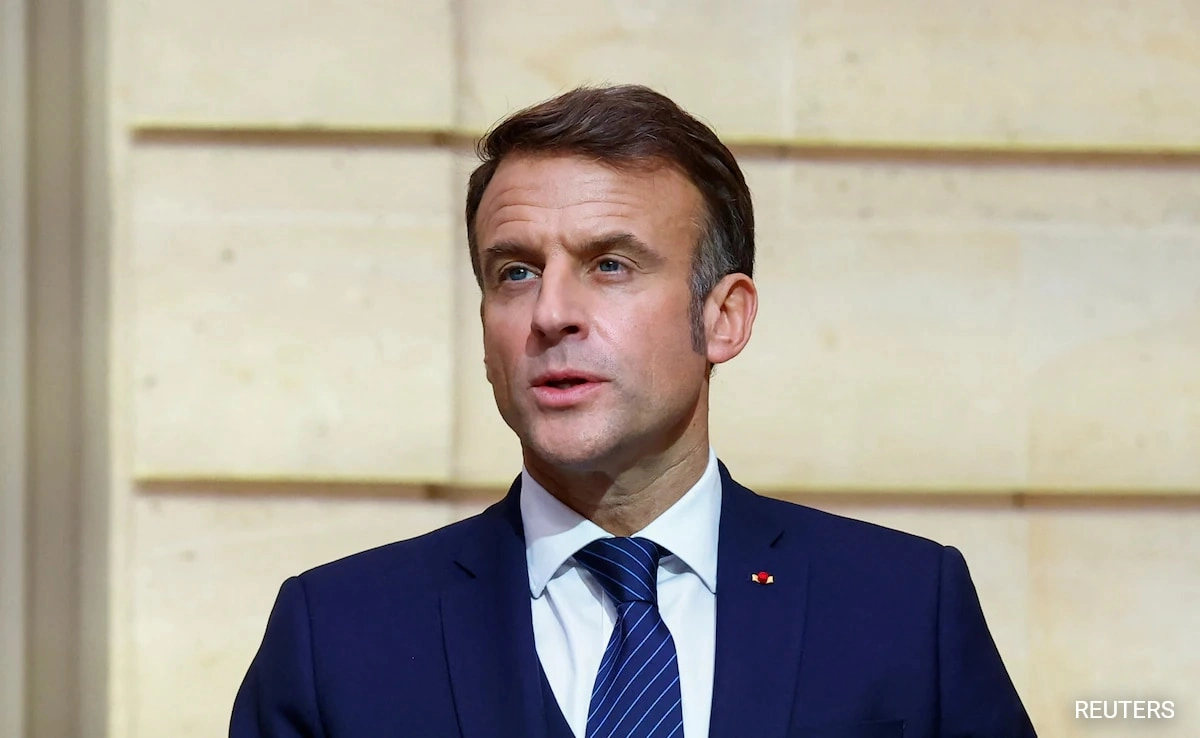France has responded to Israeli Prime Minister Benjamin Netanyahu’s allegations of rising antisemitism in the country, labeling his claims as “erroneous.” This statement comes in the wake of increasing tensions between France and Israel, particularly surrounding the latter’s handling of the Israeli-Palestinian conflict and the broader implications it has for Jewish communities worldwide. The French government emphasized that while antisemitism remains a concerning issue, attributing it solely to the situation in Israel is misleading and oversimplifies a complex social issue.
French officials highlighted their commitment to combating antisemitism and promoting tolerance within their borders. They pointed out that France has a long history of supporting Jewish communities and that the government actively works to address hate crimes and discrimination. By framing Netanyahu’s claims as erroneous, France seeks to reaffirm its stance on the importance of nuanced discussions about antisemitism, which cannot be conflated with political grievances related to foreign policy.
Furthermore, the French response underscores the delicate balance that many European nations must navigate in addressing both domestic issues of antisemitism and the geopolitical complexities of the Middle East. France’s condemnation of Netanyahu’s remarks reflects broader concerns within the European Union about the rise of populism and nationalism, which can often lead to scapegoating marginalized communities. As discussions about antisemitism continue, France aims to foster a more informed dialogue that acknowledges the diverse factors contributing to the issue rather than allowing it to be politicized in the context of international relations.
In conclusion, France’s rebuke of Netanyahu’s comments serves not only as a defense of its own policies but also as a call for a more comprehensive understanding of antisemitism. By emphasizing the need for thoughtful discourse, the French government hopes to contribute to a more constructive approach to tackling hatred and discrimination. As global conversations about antisemitism evolve, it is crucial for leaders to consider the myriad influences that shape these sentiments, rather than reducing them to oversimplified narratives tied to specific political conflicts.




